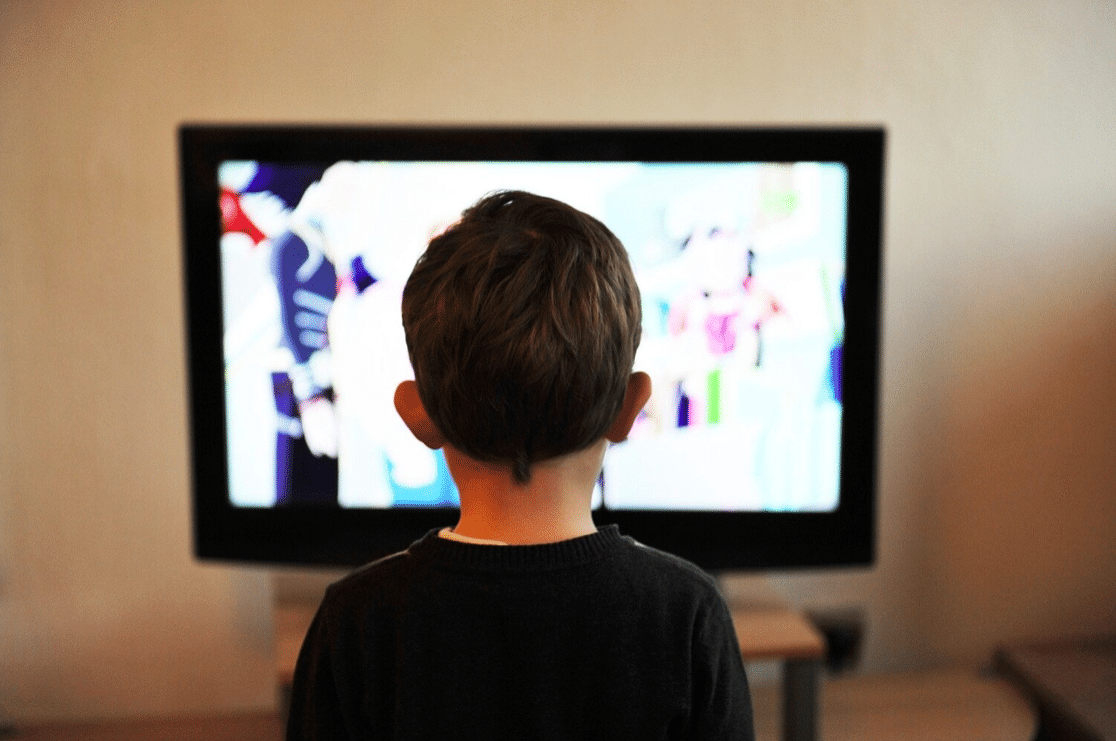
The Dangers of Parasocial Relationships with Streamers
With the rise of the world of video games and online e-communities, people now watch internet personalities playing video games, which are live-streamed on websites like Twitch and Youtube. These performers are referred to as ‘streamers’, and large creators like Ninja have built an enormous following, with 17 million followers on the Twitch website alone.
These streamers combine live gameplay with online communities where people can socialise and discuss shared hobbies or interests. This is not inherently a bad thing and can initially be an inclusive community, creating new avenue for building social support and connectedness for young people.
The danger with this perceived connection between young audience members and the Streamer is the parasocial relationship that forms over-time. This is a relationship where one person extends emotional energy, time and interest in another without the others awareness of this engagement.
A relatable example is our fascination with celebrities and the strange connection we can feel when observing so much of their life. This is a well-researched phenomenon dating back to the 60s and is normal and healthy by itself. The danger of these parasocial relationships is in the replacing or substituting of more meaningful real-world connections.
So why is this more concerning for streamers? The relationships that build within these online environments can be more potent with the shared interests, perceived live contact in real-time through live chat functions and donations as well as long-form viewing (Streamers often being live for 5-6 hours +). Ways they can do this are by giving the audience a group name, asking questions to the chat and reading out and responding to messages from audience members who donate money. This low-level engagement can allow larger streamers to give the facade of meaningful connection and intimacy with each audience member to develop a loyal and importantly monetizable community.
Streamers capitalising on loyal one-sided relationships has also been found to result in ‘loot box’ scandals which is essentially a form of gambling promotion to children, and has subsequently resulted in the necessity for gambling laws to change in various countries. More recently, cryptocurrency scams which are becoming more and more prevalent have also been attributed to the influence of these streamers on young people.
Getting lost in these parasocial relationships at the expense of more meaningful connection is detrimental to young people’s social and emotional development. Research also suggests these parasocial relationships positive correlate with YouTube addiction in young people. They have also opened young people up to being exploited by some of these streamers. This is not to say that young people cannot enjoy and connect in these environments but that it is something that needs to be mediated by those around them.
So what can we do to help protect and support young people?
Be aware of the signs of these parasocial relationships. Below are some questions to open that dialogue up and explore whether these relationships are building:
- Do you feel like you know them as a person?
- Do they feel like a friend you can turn to during challenging times?
- Do you feel like they’re talking directly to you?
- Do you donate to them and feel good when they read your donation?
- Do you feel hurt when someone says something negative about your favourite streamer?
- Do you feel like you are hanging out with them when you watch their stream?
- Do you ever cancel plans with friends to join the Twitch chat with the streamer?
- Do you take advice from them and do things differently to match them?
Open dialogue with young people about the streamers and to help highlight the over-reliance on these parasocial relationships. Below are some prompts to explore this and to help young people become more aware themselves of the importance of real-world, meaningful connections alongside:
- What do you get out of watching Twitch streams?
- In what ways does watching Twitch streamers make you feel good?
- Do you think you could get that same feeling with others?
- What do you feel when you think about not watching Twitch?
- How do you feel when you think about not seeing your favourite streamers for several days?
- Do you have other friends who you feel the same way about?
- What do you think the streamers feelings are about you?
Support young people to utilise these new online communities as a tool for connection but not limit themselves to being their sole tool. Below are some ideas to help with this:
- Have a shared twitch account and watch these streamers together to offer a more balanced perspective alongside the young persons engagement
- Explore other interests with the young person that may give a similar feeling outside of Twitch
- Work collaboratively with the young person to balance time in the twitch environment alongside other areas of life
- Be aware that Twitch has a minimum age rating of 13 and recommend using with an adult until 18 years old
- Parental controls can be enabled to restrict chat functions, in app purchasing and inappropriate content where necessary
Written by Simon Taylor (Psychological Wellbeing Practitioner & keen video game player)